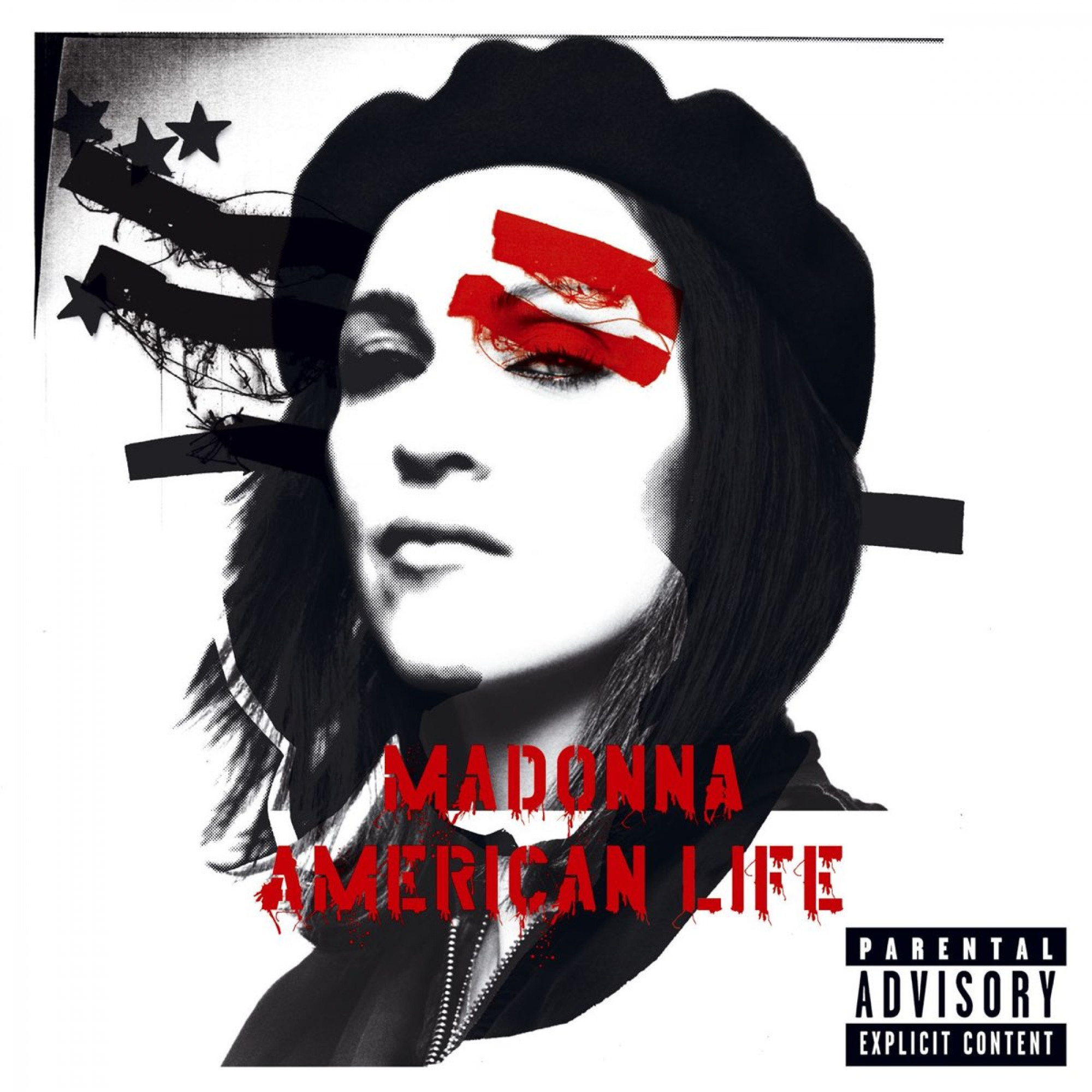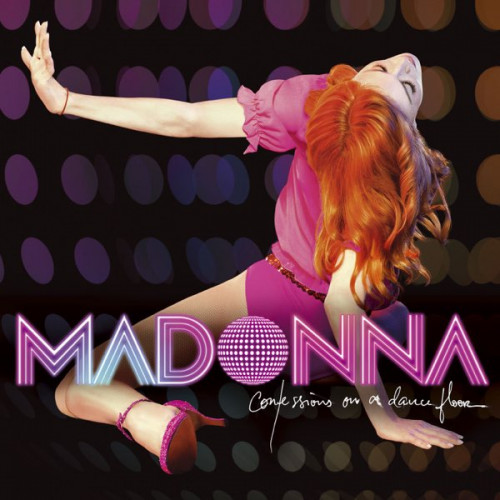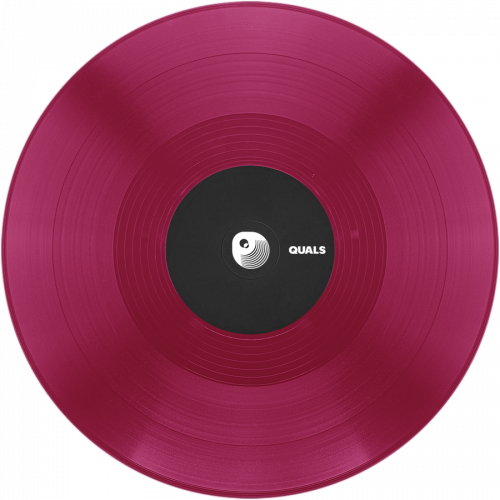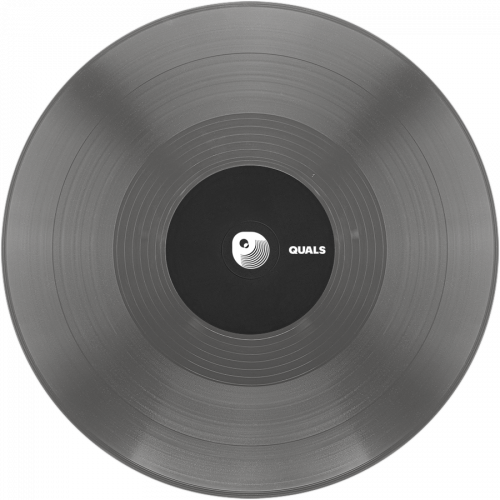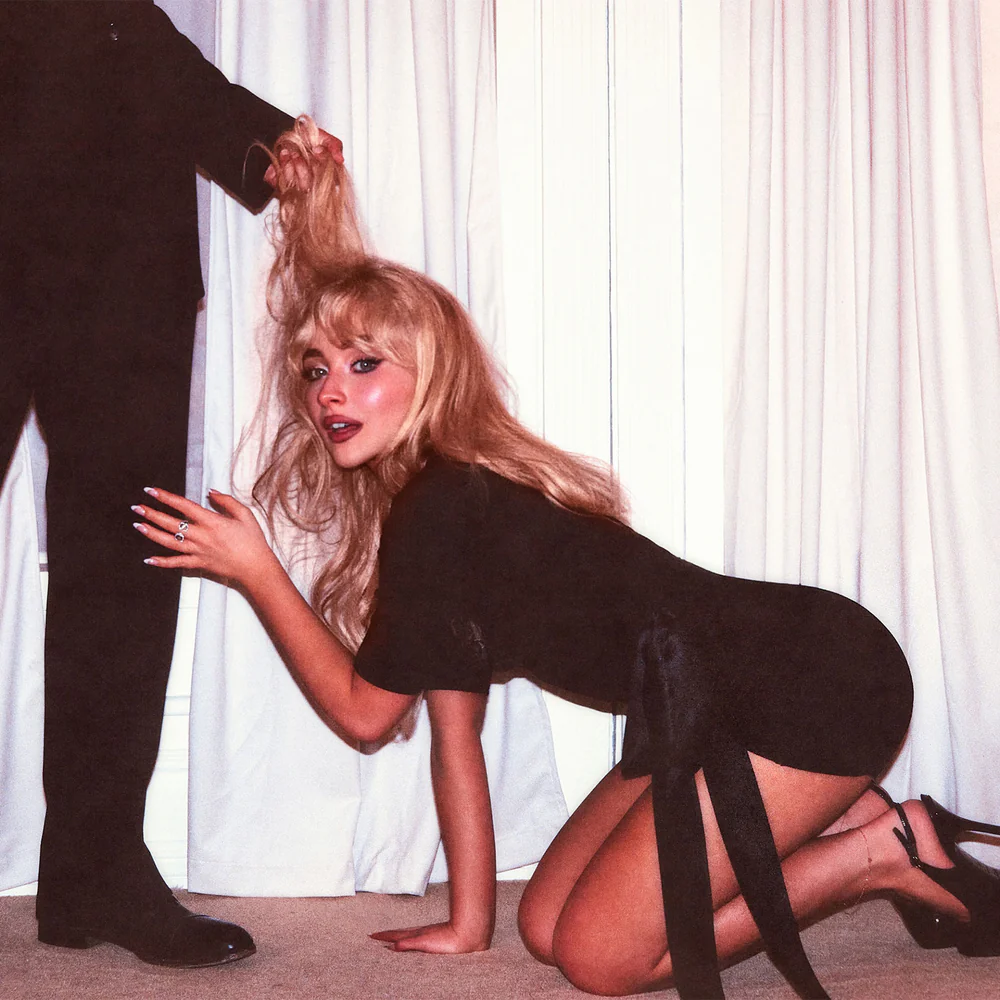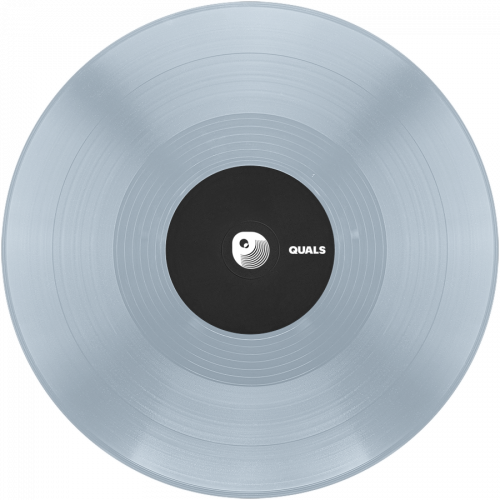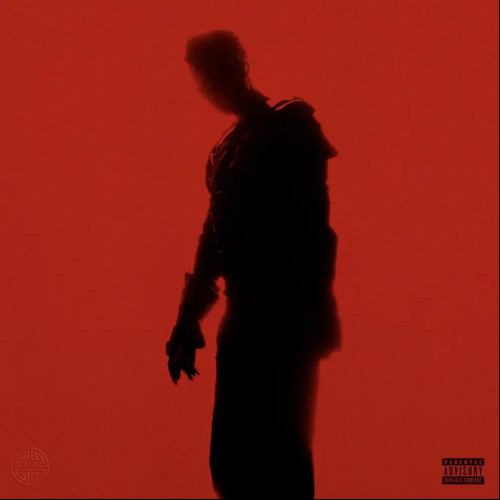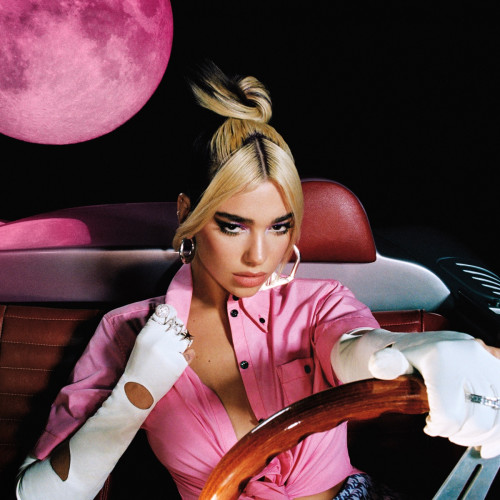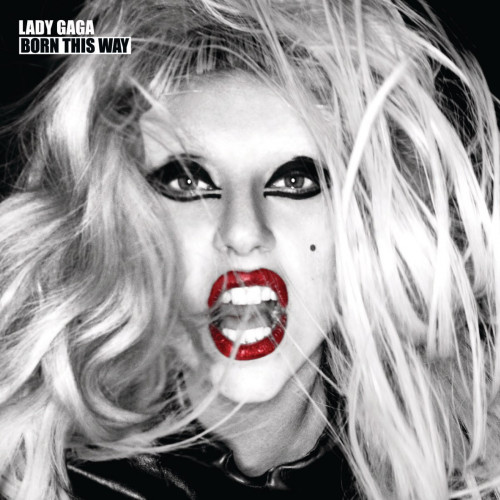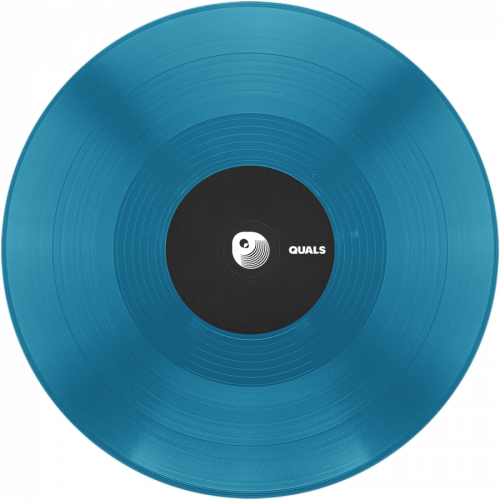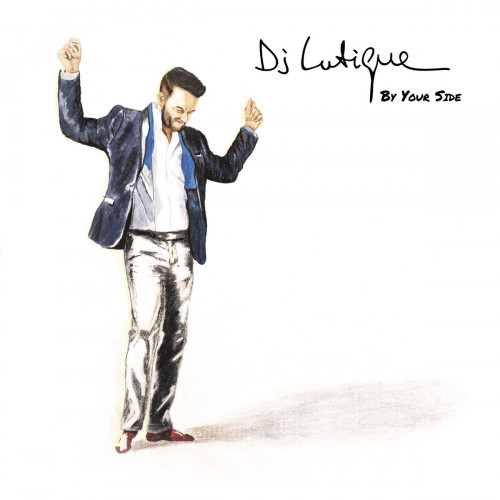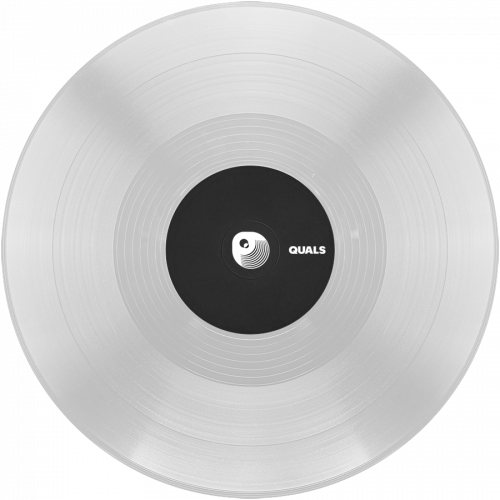"This is an odd mixture, particularly when it's infused with a searching, dissatisfied undercurrent and a musical sensibility that is at once desperate and adventurous, pitched halfway between singer/songwriterisms and skimming of current club culture. It's pulled tight between these two extremes, particularly because the intimate guitar-based songs (and there are a lot of them, almost all beginning with just her and a guitar) are all personal meditations, with the dance songs usually functioning as vehicles for social commentary. Even if the sparer ballads are introspective, they're treated as soundscapes by producer Mirwais, giving them an unsettling eerie quality that is mirrored by the general hollowness of the club songs. While there are some interesting sounds on these tracks, they sound bleak and hermetically sealed, separate from what's happening either in the mainstream or in the underground. Perhaps that's because she's aligned herself with such flash-in-the-pan trends as electroclash, a hipster movement that's more theoretical than musical, whose ill effects can be heard on the roundly panned James Bond theme "Die Another Day," featured toward the end of American Life. Then again, it could also be that this is the first time that Madonna has elected to rap - frequently and frenetically - on a record, something that logistically would fit with Mirwais' dense, house-heavy productions, but sound embarrassingly awkward coming out of her mouth. Even so, there's a lot that's interesting about American Life - the half-hearted stabs at politics fall aside, and there are things bubbling in the production that are quite infectious, while the stretch from "Nobody Knows Me" to "X-Static Process" in the middle of the record can be quite moving. But, overall, American Life is better for what it promises than what it delivers, and it's better in theory than practice."
- Stephen Thomas Erlewine. allmusic.com
